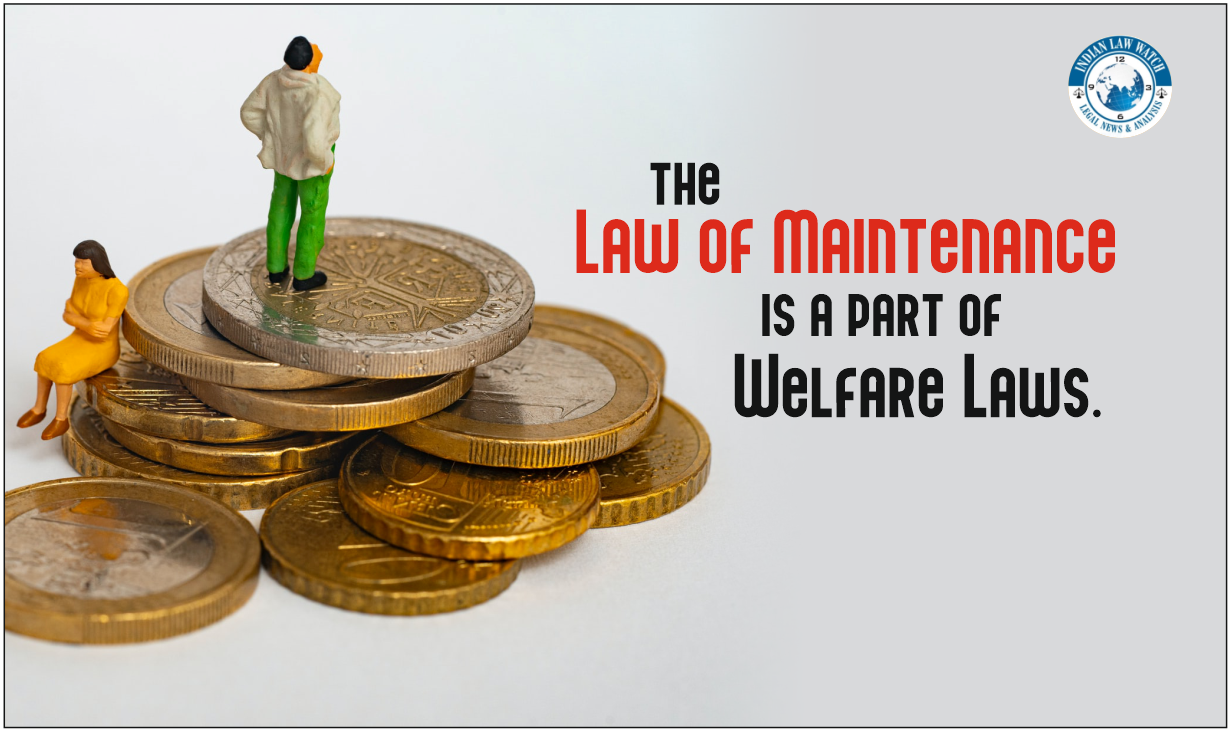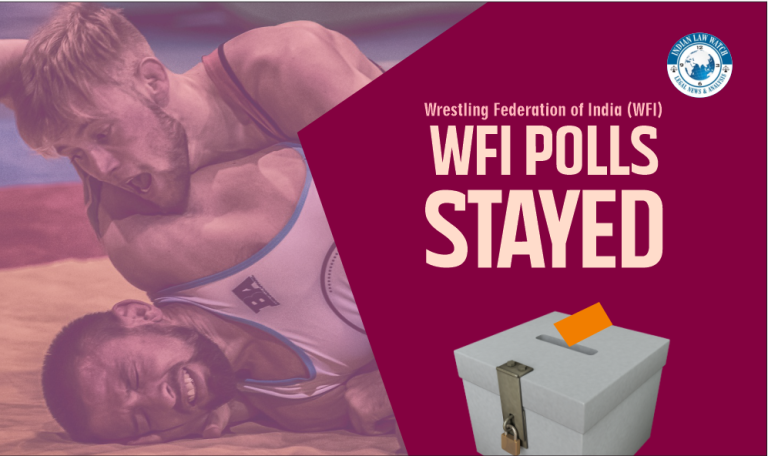
In Pradeep Kumar Sharma v. Deepika Sharma Crl. Rev. P. 417of 2021, the Delhi High Court held that a wife can be disentitled to make the claim of maintenance on the ground of adultery only when such acts are of repetitive nature or the wife cohabits with another man.

FACTUAL BACKGROUND
The petitioner and respondent solemnized their marriage on 09.04.2000 by performing Hindu ceremonies and had two children from their wedlock. In the year 2017, their marriage stood annulled by the decree of divorce. The respondent filed a petition for maintenance under section 125 of the Criminal Procedure Code, 1973 and thereby, was granted maintenance of ₹ 6,000/- per month from 14.02.2012. Subsequently, the maintenance amount was enhanced to ₹ 7,000/- per month w.e.f. 01.01.2016 and then ₹ 15,000/- per month w.e.f. 01.08.2020 till her life or till remarriage. The petitioner preferred this petition under section 397//401 read with section 482 of the Criminal Procedure Code, 1973 for challenging the order of maintenance on the ground that the respondent was capable of maintaining herself, cruelty, desertion without reason, and adultery.
Cruelty – No bar on the right to claim maintenance
With respect to the ground of cruelty alleged by the petitioner, the Court held that the ground of cruelty is no bar to the right of the wife to make a claim for maintenance. Therefore, the ground of cruelty was rejected straightaway.
‘Living in Adultery’ – Only continuous and repeated acts of adultery attract applicability of section 125(4), CrPC
The Delhi High Court first noted certain facts that the petitioner placed reliance on the school records of their son and it was not his case that the respondent was living in adultery. Neither he added this to the grounds nor the respondent was put to notice regarding the allegation of living in adultery. Further, the petitioner failed to establish, by the statements of the son, that the respondent was living in adultery. The petitioner brought up the argument at a later stage and was not even cross-examined regarding the allegation of adultery.
The Delhi High Court interpreted the expression ‘living in adultery’ as contained in section 125(4) of the Criminal Procedure Code, 1973 by placing reliance on Pandurang Bakru Nathe v. Leela Pandurang Nathe & Anr.1997 SCC OnLine Bom 264, Sandha v. Narayanan 1999 SCC OnLine Ker 64, Ashok v. Anita 2011 SCC OnLine MP 2249, and Sukhdev Pakharwal v. Rekha Okhle 2018 SCC OnLine MP 1687.
It observed that the expression ‘living in adultery’ does not include one or few occasions when acts of adultery are committed in isolation. The Court observed that:
“…only continuous and repeated acts of adultery and/or cohabitation in adultery would attract the rigours of the provision under Section 125 (4) of the CrPC…”
Desertion – Not committed when petitioner files for divorce
The Court observed that it was the petitioner who filed for divorce on the ground of cruelty, he cannot plead that he was aggrieved by the desertion of the respondent.

The law of maintenance is a part of welfare laws. However, the process of law is being abused by the parties to escape the obligation imposed upon the husband on the basis of contentions not backed by reasonable grounds. The Delhi High Court considered the instant case an abuse of process of law as the parties were involved in numerous proceedings without any consequences.





